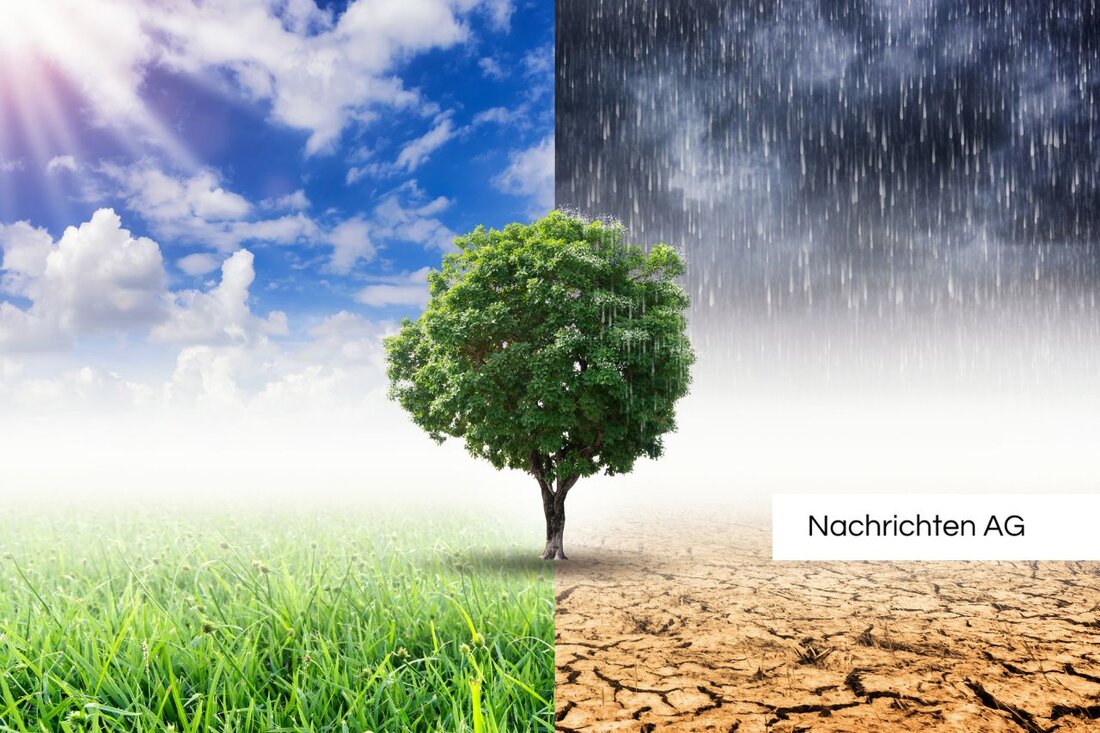Huge meeting in Linz: switch to renewable energies!
On June 25, 2025, a specialist dialogue for the implementation of the Red III directive for renewable energies in Austria will take place in Linz.

Huge meeting in Linz: switch to renewable energies!
On June 25, 2025, a decisive specialist dialogue for the implementation of the Red III Red III Renewable Energy Seniency Directive in Austria will take place at the Johannes Keppler University of Linz. This event, organized by the EEÖ in cooperation with the JKU Faculty of Law and the JKU Institute of Environmental Law, is from Univ.-Prof. Dr. Wilhelm Bergthaler led. The topics of Red III are clearly outlined: it aims to accelerate the expansion of renewable energies to climate neutrality by determining binding goals and reducing the bureaucracy. By May 21, 2025 at the latest, essential parts of this guideline must be implemented in national law, which is a challenge for coordination between the federal and state governments. Questions such as the coordination of the effort between the different levels and the comparison with other EU member states are the focus of the event.
European Red III pursues the ambitious goal of promoting the rapid expansion of renewable energies. By May 21, 2025, all federal states in Austria must record the space potential for renewable energy technologies, such as [ots.at] (https://www.ots.at/presseaus-sung/ots_20250521_ots0091/dachverband-erneuer-energie-Kritisiert-bisherige-Rediii-Mauma-und-demand-Bundes-wide -weit- through-egg). Unfortunately, a legal implementation radar shows that no federal state has currently shown the necessary areas for renewable energy systems. In Upper Austria, only exclusion zones were defined, which makes implementation significantly more difficult. The existing delays could continue to complicate the approval procedures and endanger the energy transition.
challenges of implementation
The implementation of Red III in Austria is crucial for national energy transformation. There are numerous duties, many of which have been fulfilled since February 2024. A third of the federal states show up in approval procedures in the implementation of the "outstanding public interest". The so-called one-stop shop for permits, which should have been in operation since July 1, 2024, is still pending. Here a greater responsibility of the federal states is required to make realistic progress, as [Oekonews] (https://www2.oekoneews.at/termin-tipp-eoe-fachdialog-Iii implementation+2400+1227432) reports.
A strong renewable expansion acceleration law (EABG) is considered necessary to standardize and accelerate the approval procedures. The complexity of the nine different implementation methods in the individual federal states could still have an inhibiting effect on the expansion of energies from renewable sources.
European framework conditions
European politics meanwhile sets its own standards and goals for renewable energies that also influence the discussion in Austria. According to [europarl.europa.eu] (https://www.europarl.europa.eu/factshets/de/70/energie-aus-erneuer- sources), at least 42.5% of gross energy consumption in the EU should come from renewable sources. The importance of these goals underlines the need for action for a rapid national implementation of Red III. A commitment to achieve climate neutrality in the EU is also aimed at by 2050, which correlates with the efforts to advance the energy transition.
In all, it can be seen that the implementation of Red III in Austria still faces significant challenges. It remains to be seen whether these can be mastered in good time. The specialist dialogue at the Johannes Keppler University could be an important step to clarify many open questions.

 Suche
Suche
